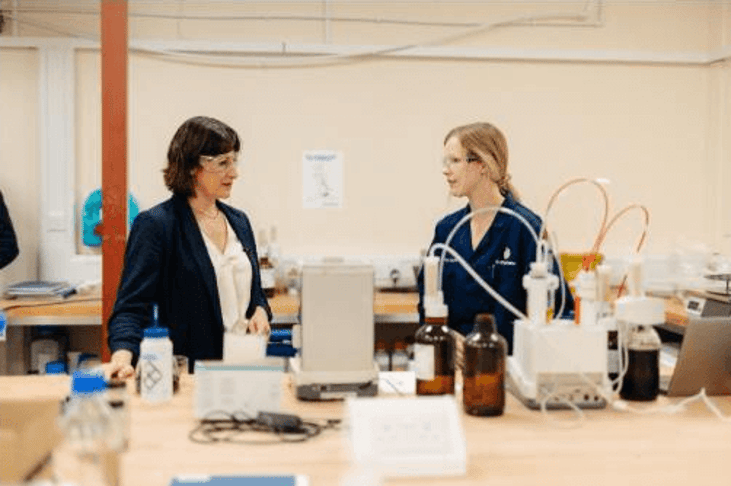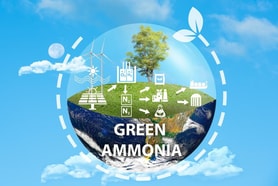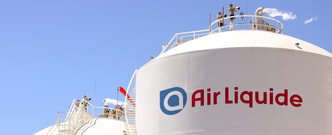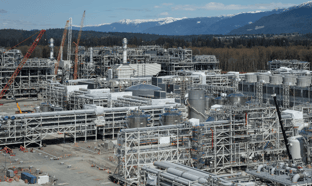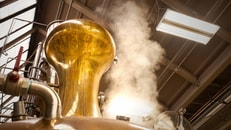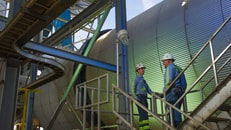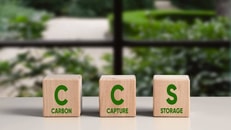Carbon capture tech firm C-Capture receives visit from UK Shadow Chancellor
Carbon capture technology developer C-Capture welcomed a visit from Shadow Chancellor of the Exchequer Rachel Reeves to their Leeds, UK headquarters on Friday (8th September).
The visit aimed to explore the potential of C-Capture’s solvent-based carbon capture technology to mitigate climate change.
Amine-based carbon capture uses an amine solvent to remove carbon dioxide (CO2) from flue gas.
... to continue reading you must be subscribed

